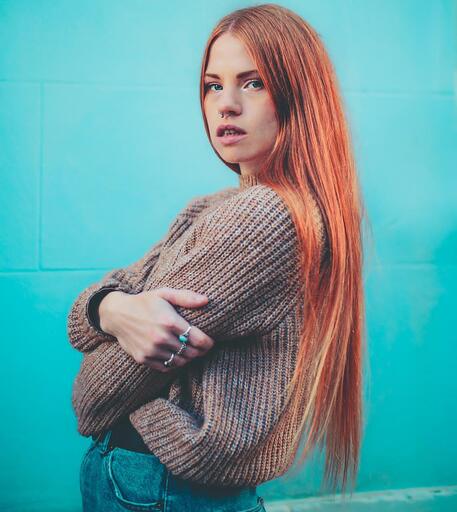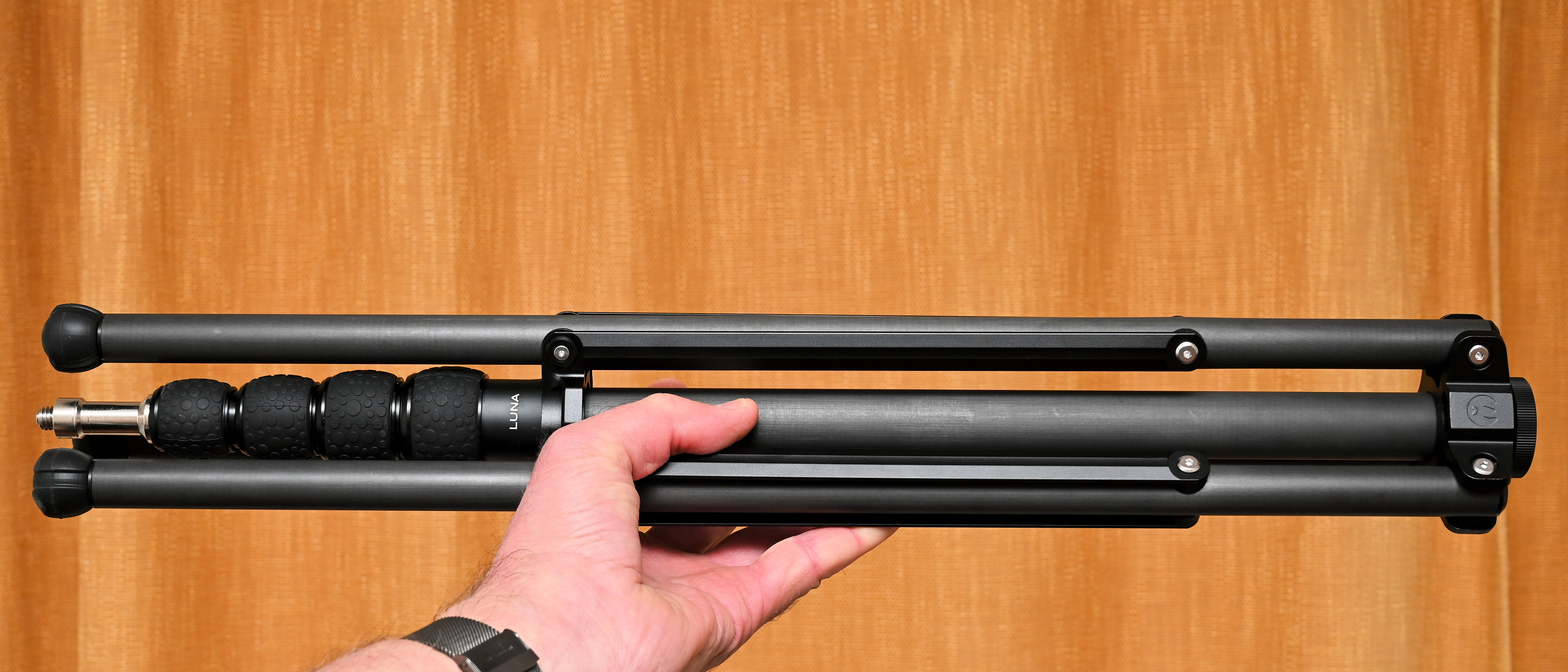AT LAST! Instagram and Facebook might finally Free the Nipple
Meta's Oversight board has advised Instagram and Facebook to overhaul its nudity policy – and finally Free the Nipple

It’s been more than a decade since the Free the Nipple campaign started, and during that time thousands of posts have been wrongly removed due to unfair censorship policies. Now, thanks to Meta’s Oversight board, Facebook and Instagram could finally update their nudity policy guidelines.
As things stand, being topless on Instagram is fine – so long as you’re a man. However, Instagram’s nudity policies are incredibly restrictive (not to mention prejudiced) if you’re a woman, transgender or nonbinary person.
• These are the best cameras for Instagram – perfect for creating content to send to your phone, nipples and all
One photographer, who goes by the name Adey, created an entire photo book in response to Instagram's nudity policies. Uncensored addresses issues of unfair censorship when it comes to portraying the body in its purest form: bare, undressed and naked. Throughout his work, he creates non-sexualized images of the naked, human form to prove his point.
Meta’s Oversight Board issued a statement overturning Instagram’s decision to remove two separate photos, posted by a US-based transgender and nonbinary couple. The images were posted in 2021 and 2022 and, initially, both posts were removed for violating the Sexual Solicitation Standard as they contained breasts and a link to a fundraising page for top surgery (chest reconstruction).
Meta’s nudity policy is fundamentally problematic, as it’s based on a binary view of gender – as in, you must be either male or female. In today's society, gender is viewed as a spectrum where people don't fit into neat little boxes. As owners of two of the world’s biggest social media platforms, Meta needs to be doing more to ensure all its users are treated consistently – regardless of sex or gender.
A post shared by Free The Nipple (@freethenipple)
A photo posted by on
Censorship on Instagram and Facebook has been a long, ongoing debate that all comes down to inequality and lack of understanding. There is one rule for male and male-identifying people, and another for everyone else.
Get the Digital Camera World Newsletter
The best camera deals, reviews, product advice, and unmissable photography news, direct to your inbox!
While it’s perfectly acceptable for a man to pose topless, a womxn (a term used since the Seventies to avoid perceived sexism) might have their post removed and their account shadow banned for sharing similar content.
Shadow banning is particularly hard on those who use Instagram or Facebook to run a business. From artists to photographers to sexual activists, shadow banning means that your account becomes less visible, which means fewer clicks, fewer followers and fewer people likely to buy your products – and in a cost-of-living crisis, every sale helps.
Current policies don't differentiate between overly sexualized content and nudity that is for an artistic or creative purpose. This means that artists are having to censor their own work that they have invested time and energy planning and creating, only to have to cover any nipples out of fear of being targeted by Meta.
One of the big issues is that posts are often removed using an automated system that can't tell the difference – and sometimes it gets things so wrong that it removes posts that are completely unrelated to nudity.
A post shared by Free The Nipple (@freethenipple)
A photo posted by on
The Oversight board has recommended that Meta, "define clear, objective and rights-respecting criteria to govern its Adult Nudity and Sexual Activity Community standard," and suggests that Meta conducts a comprehensive human rights assessment, engaging stakeholders and creating a plan to address any harm identified.
The Free The Nipple battle has been going on far too long, but this news is finally a step in the right direction. For Instagram accounts such as Genderless Nipples, which has racked up an enormous 71K followers in its effort to see policy change, this could be the single most important change that Instagram will ever make.
Whether or not it becomes reality, we will have to wait and see – but we have everything crossed that Meta will listen to the Oversight Board and make Facebook and Instagram a creative space for all.
These are the best camera phones so you can take high-quality, sharp photos wherever you are!

Having studied Journalism and Public Relations at the University of the West of England Hannah developed a love for photography through a module on photojournalism. She specializes in Portrait, Fashion and lifestyle photography but has more recently branched out in the world of stylized product photography. Hannah spent three years working at Wex Photo Video as a Senior Sales Assistant, using her experience and knowledge of cameras to help people buy the equipment that is right for them. With eight years experience working with studio lighting, Hannah has run many successful workshops teaching people how to use different lighting setups.
